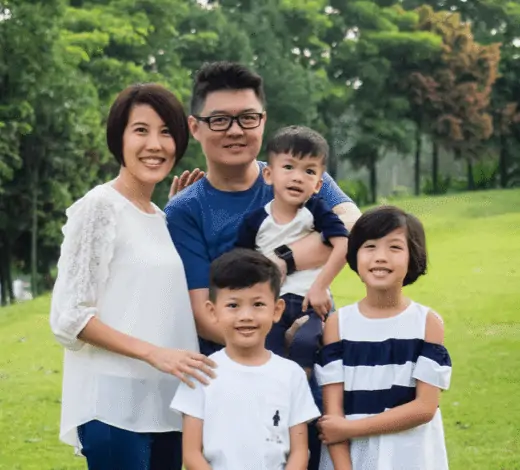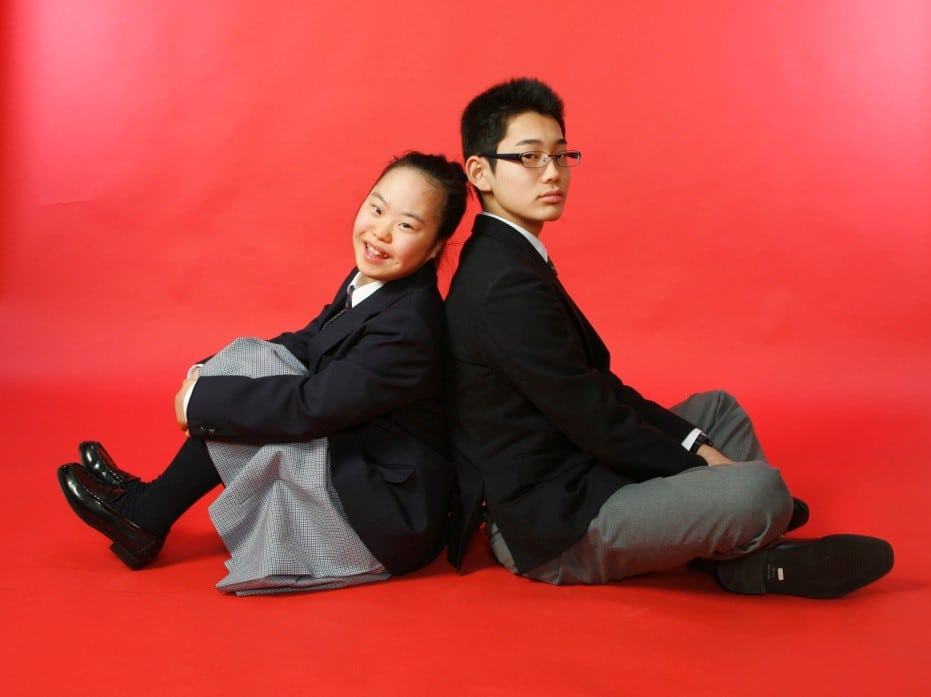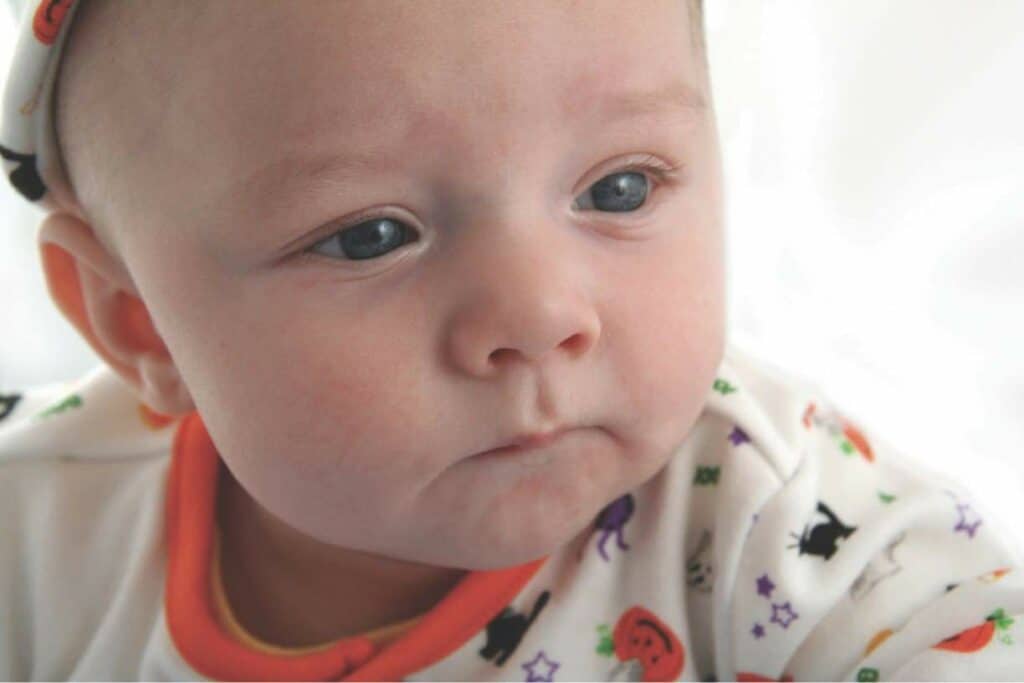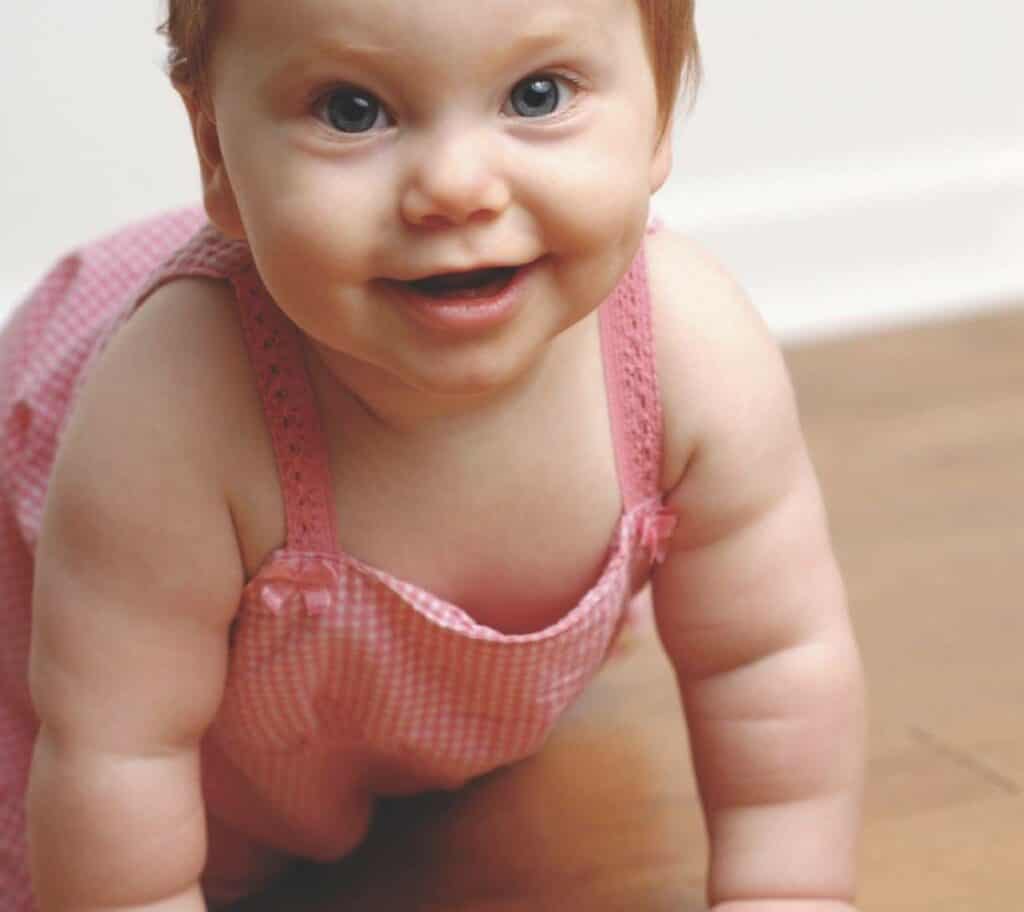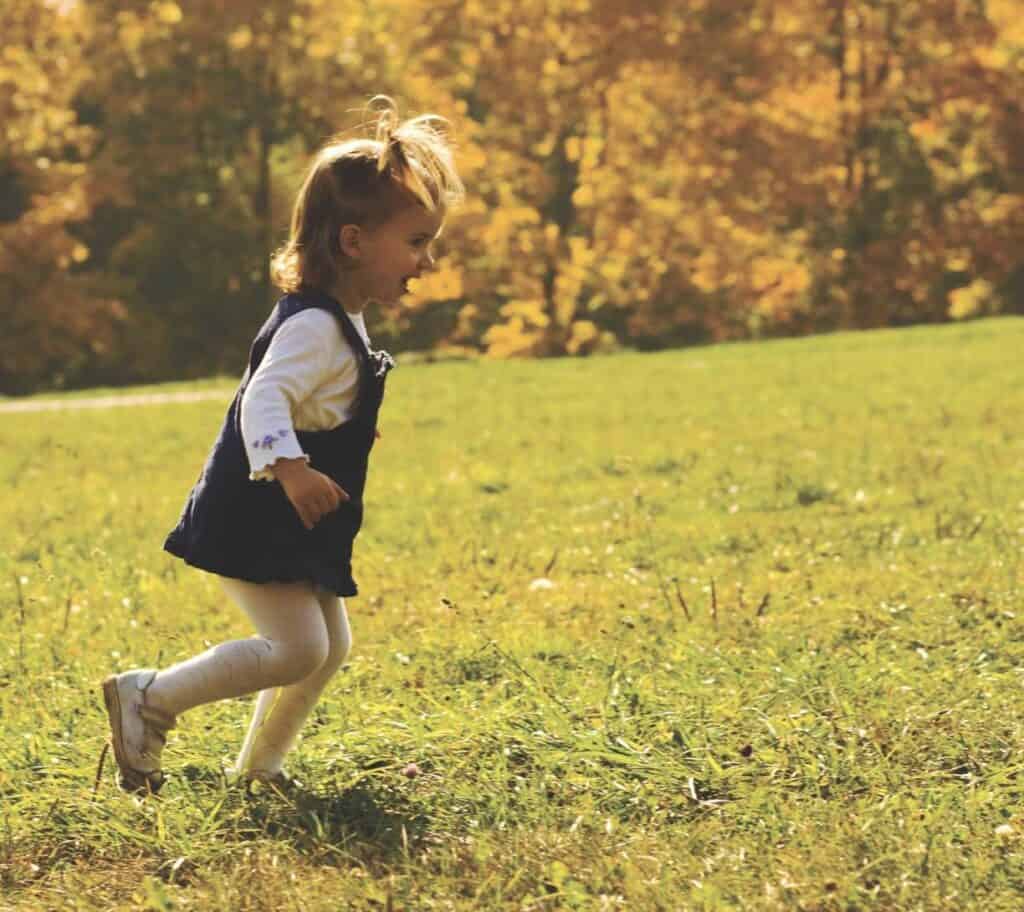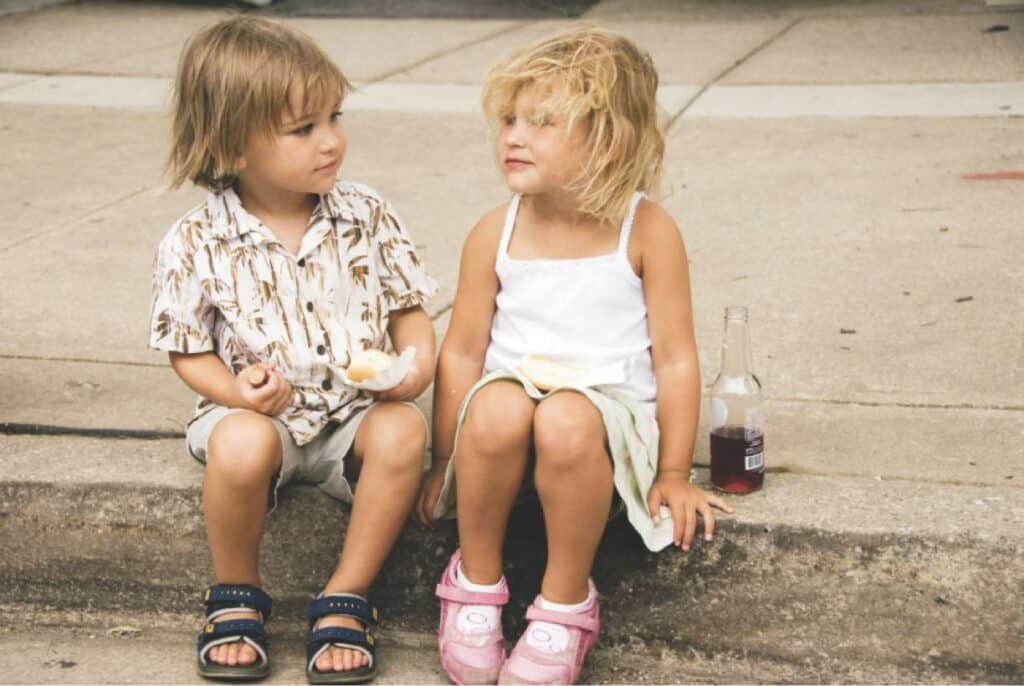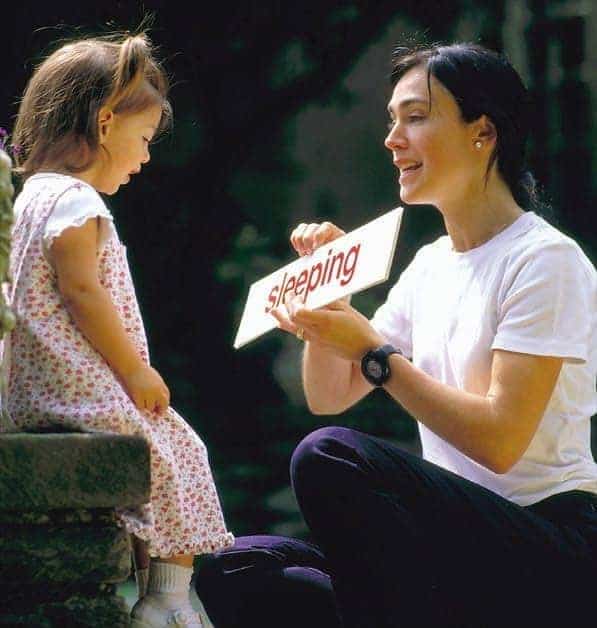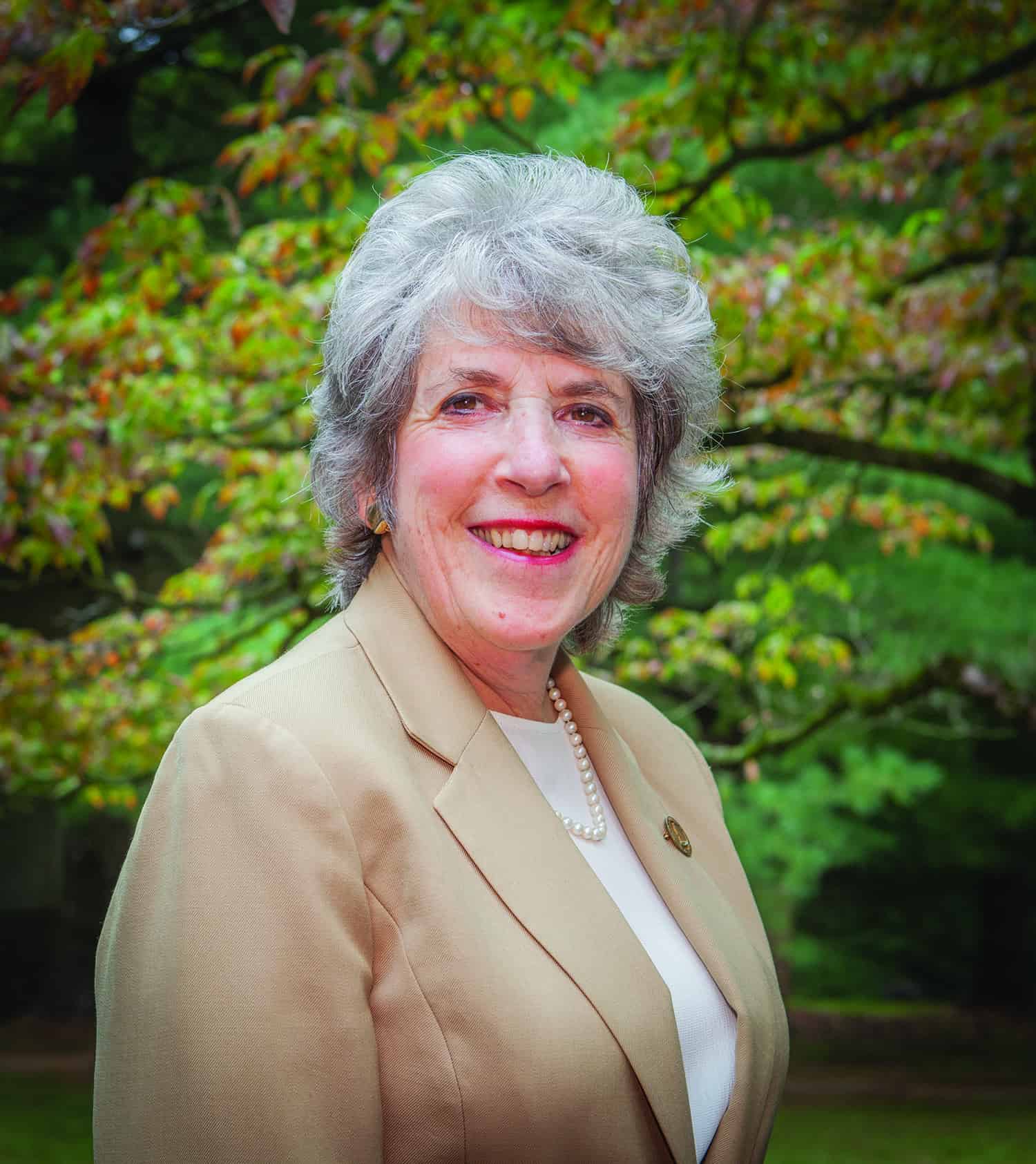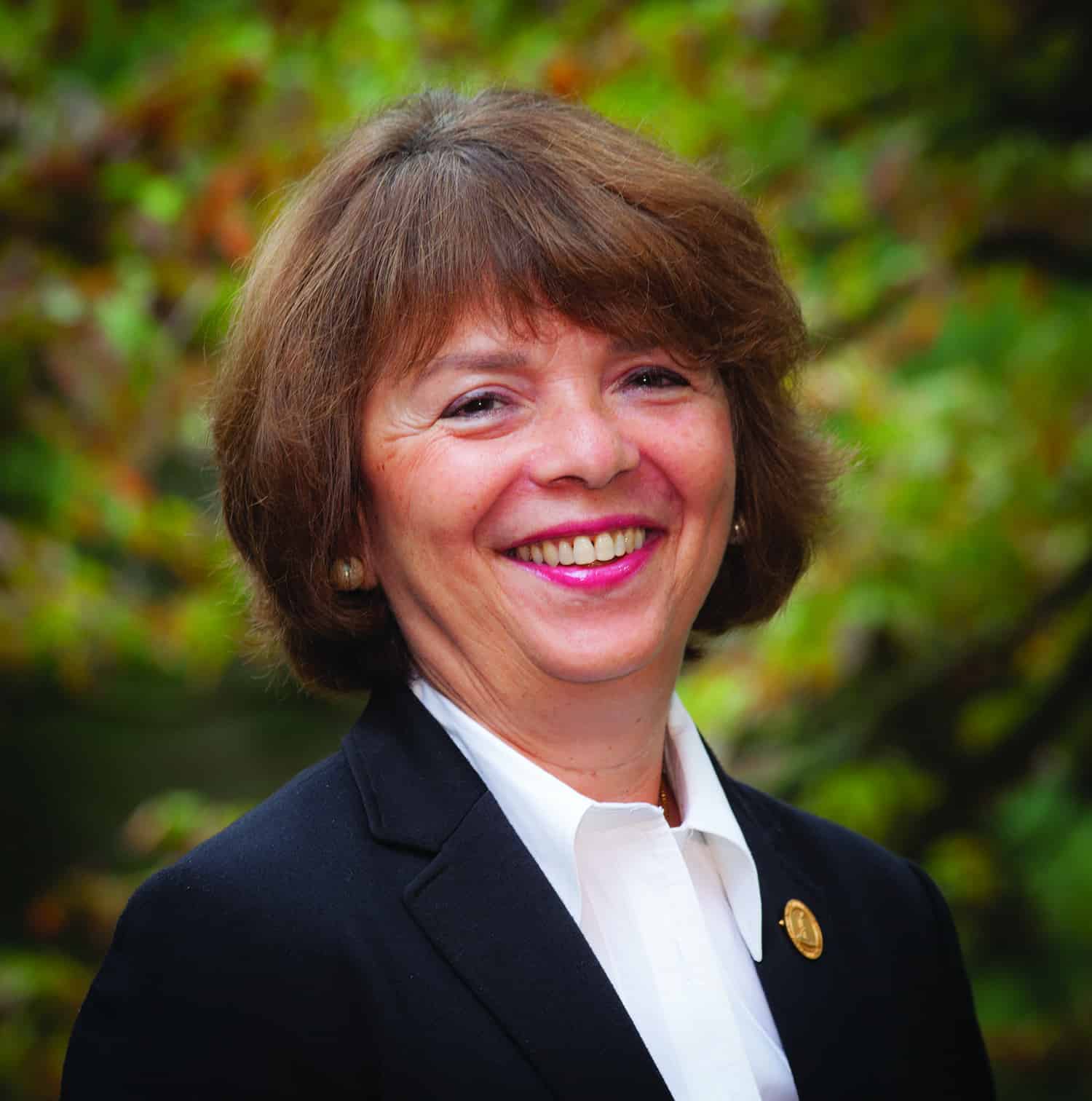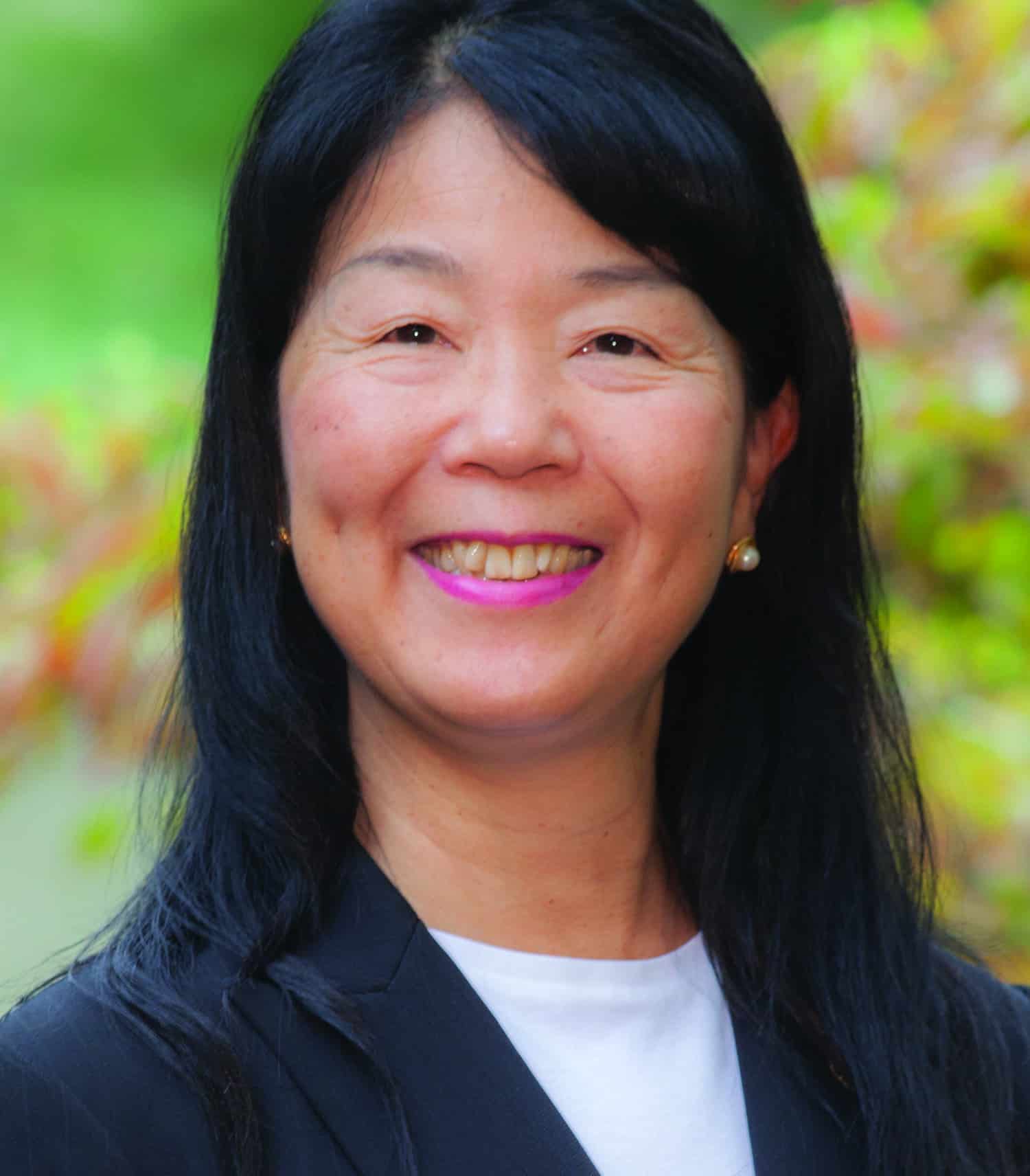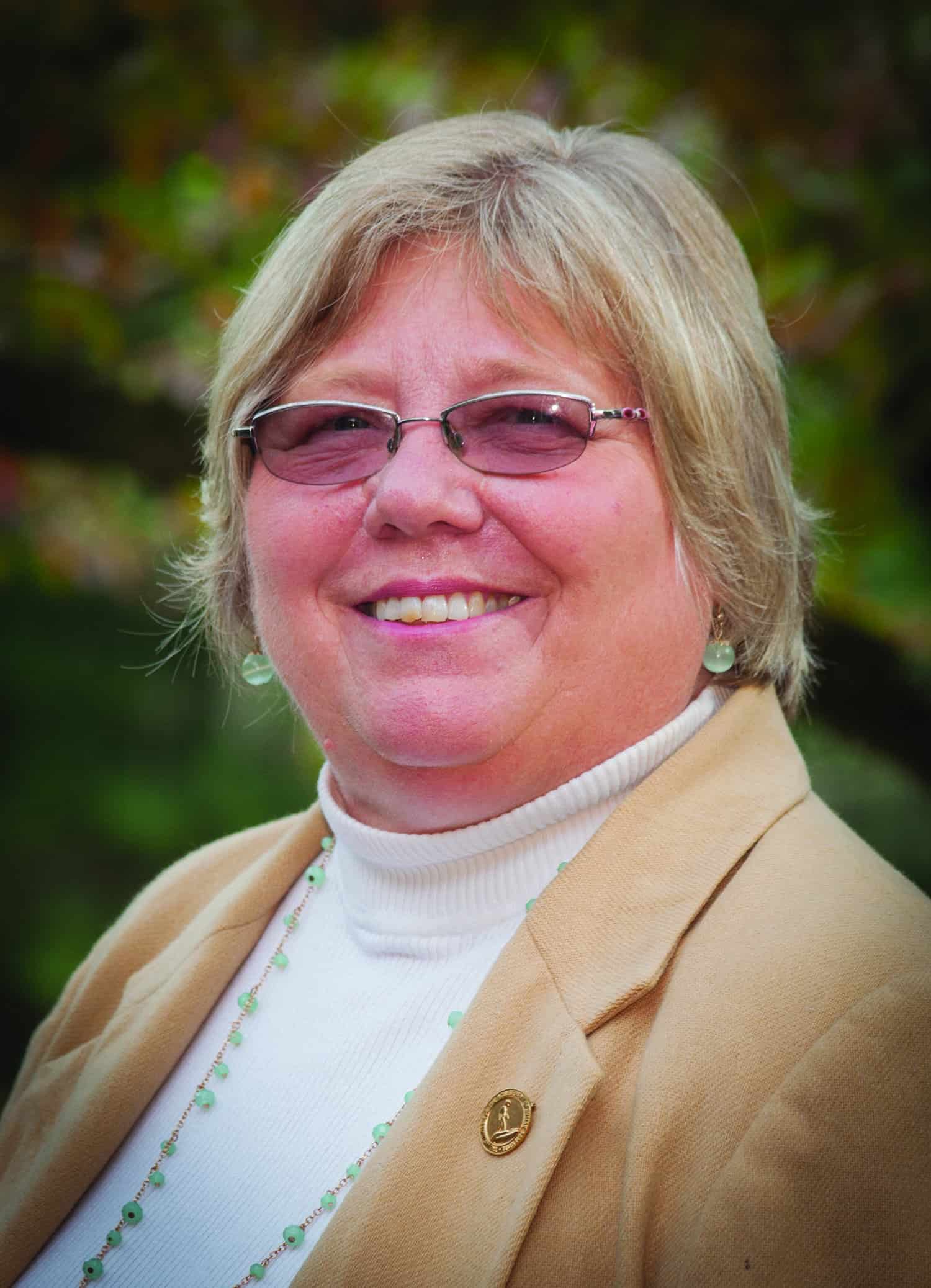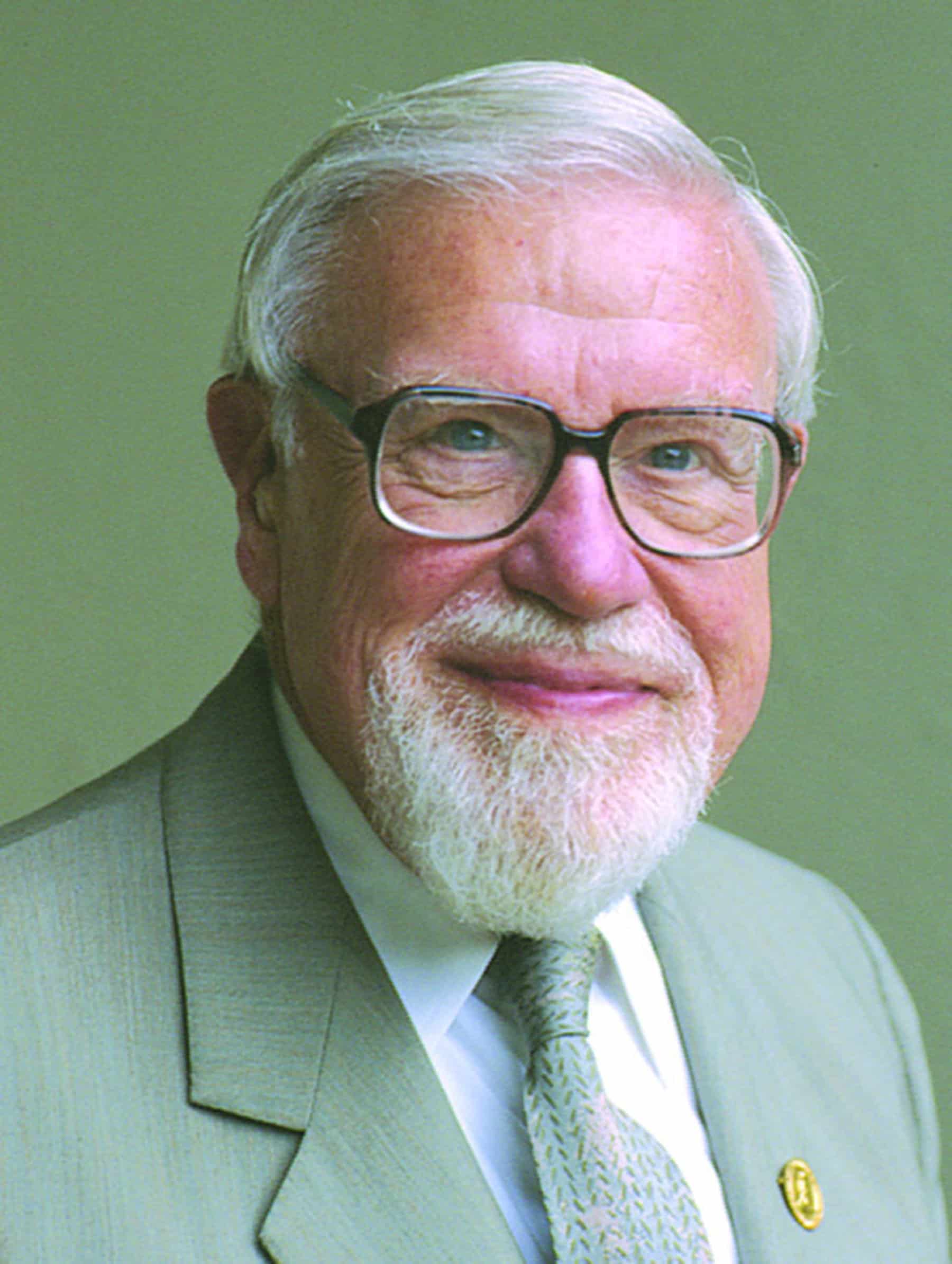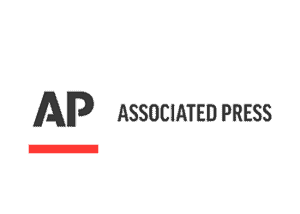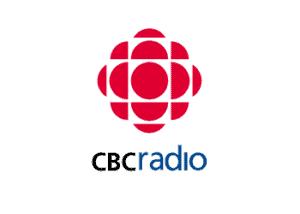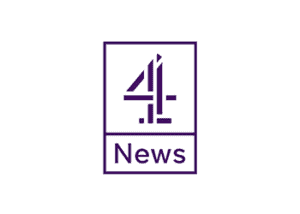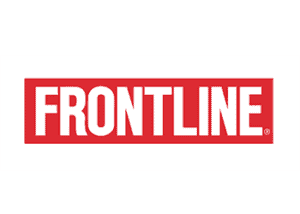Janet Doman has been the director of The Institutes for the Achievement of Human Potential since 1980. Janet is the daughter of Glenn Doman, the founder of The Institutes. She grew up at The Institutes and was helping brain-injured children by the time she was nine years old. She was directly involved in The Institutes ground-breaking work in early reading. At fourteen, she illustrated one of the first books ever published that was written and designed to be read by two and three-year-old children. She and her team have been creating and designing this unique curriculum ever since. While still in high school, she was asked to document the mobility progress of each child on The Institutes program and make a film archive. Six hundred and fifty children were filmed at every visit – it was the first such archive of this kind of data ever made.
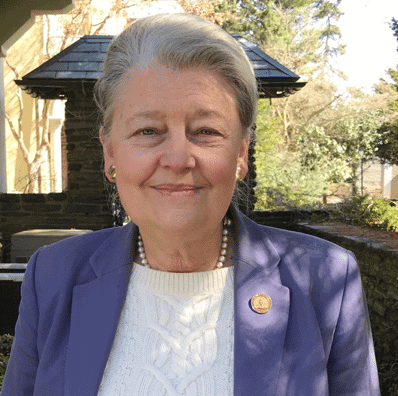
Dr. Raymond Dart , the discoverer of Australopithecus Africanus Darti, and a fellow staff member, encouraged her to study anthropology. She studied physical Anthropology at the University of Pennsylvania under Dr. Wilton Krogman at the Krogman Growth and Development Center. He taught her anthropometric measurement which she brought back to The Institutes. She did the first anthropometric measurements of brain-injured children that had ever been done. These careful measurements are still done today on every hurt child. Her life-long love of animals caused her to interrupt her studies at Penn to study zoology for a year at the University of Hull in England.
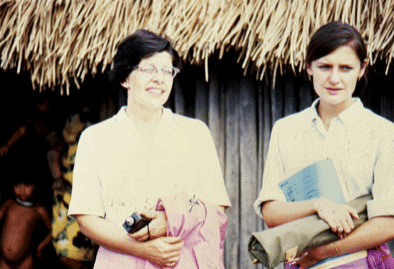
Janet with Dr. Roselise Wilkinson in the Xingu territory in the Mato Grosso of Brazil Centrale in 1969
In 1969 she had the extraordinary opportunity to travel with The Institutes expeditionary team to the Xingu territory of Brazil central. There, assisted by the government of Brazil, under the direction of Claudio Villas Boas, of the Bureau of Indian Affairs, she helped to do the very first neurological evaluations and anthropometric measurements of the children and adults in the tribes visited.
After graduating from University in 1971 she returned to her work with brain-injured children at The Institutes. Adelle Davis, the world renowned nutritionist and author of the revolutionary book “Let’s Get Well”, had recently joined the staff of The Institutes. Glenn challenged Janet to learn everything she could about nutrition from Adelle and to make sure that Adelle had anything she needed to create the ideal nutritional program for each hurt child. Janet and Adelle spent the next two years doing just that. They formed a life-long friendship. Janet is still deeply involved with all aspects of the nutritional program at The Institutes today where she works closely with Dr. Li Wang and Dr. Richard Rosenbloom.
In 1973 She and her team from The Institutes for Intellectual Excellence were asked to create a full intellectual curricula for the students in the School For Human Development. This school was for brain-injured youngsters from 17 to 30 years who could not succeed in either high school or college because of their neurological problems.
In 1974 she headed a team sent to Japan to study with Shinichi Suzuki and to teach at Yoji Kaihatsu, in Tokyo a revolutionary early development school created by Matsaru Ibuka, one of the Founders of SONY. She created and put in place a highly successful English language program for 2-, 3-, and 4-year-old children to be taught at home by their mothers. In less than a year there was a twelve-month waiting list to enroll in these early development classes for mothers.
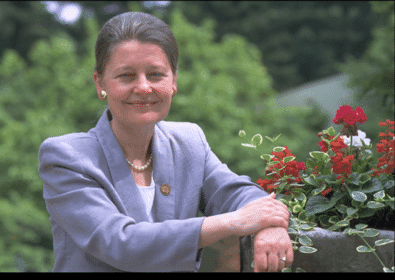
On her return to the United States, she expanded the early development program developed in Tokyo to include reading, mathematics, encyclopedic knowledge, music, drawing, and physical development. Janet and her father decided it was time to create a new institute devoted exclusively to teaching the parents of well children.
Janet founded The Evan Thomas Institute in 1975, to honor Evan Welling Thomas, an outstanding public health physician who had given the last ten years of his life to the work of The Institutes. The purpose of this new institute was to teach mothers how to develop their babies intellectually, physically, and socially from birth to six. In 1976 Glenn was focusing on enriching the intellectual growth of brain-injured children by significantly expanding their database. He asked Janet and Susan Aisen to create a program to accomplish this. Over the next year the Encyclopedic Knowledge Program was piloted and developed into a very effective and popular program for both hurt and well children.
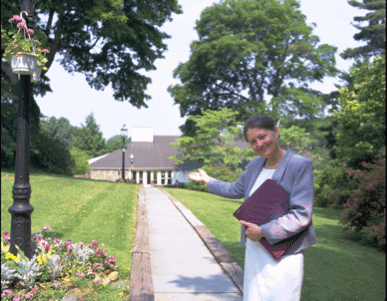
In 1978 Janet created a one week course for mothers “How To Multiply Your Child’s Intelligence”. The course attracted not only mothers, but fathers from all over the world who understood the enormous potential of the tiny baby and wanted to be able to learn more and provide an enriched environment at home. That course has been translated into four languages and has traveled around the world with the staff ever since.
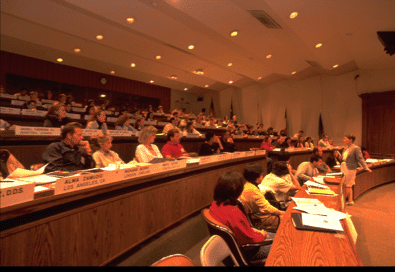
Based upon the success of the “How To Multiply Your Child’s Intelligence” Course, Janet and the staff reviewed the lectures being given at that time for parents of brain-injured children and in 1985 created a one week intensive course for the parents of brain-injured children – “What To Do About Your Brain-injured Child”. This course has been translated into six languages and has also traveled the world with the staff ever since.
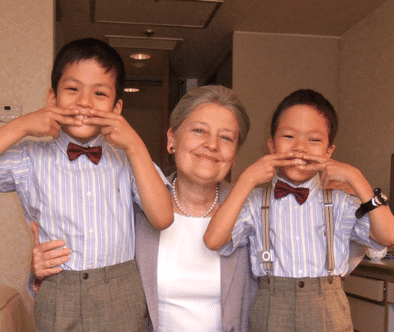
Janet wih Yuuki and Yoshiki in Tokyo
After working in Japan, Janet led the team of staff that began seeing brain-injured children in Japan and presenting lectures there. Janet has lectured and seen children in England, Ireland, Italy, Brazil, Mexico, Singapore, China, Colombia, Australia, Malaysia, Argentina, and Peru.
Over the more than half century Janet has taught thousands of parents and children from all over the world and professionals who have come to The Institutes to learn. She still does so today. “Who in the world could ever be luckier than I am? I spend all day, every day with incredible children, the world’s most dedicated parents, a staff that never gives up, and new challenges every day.”
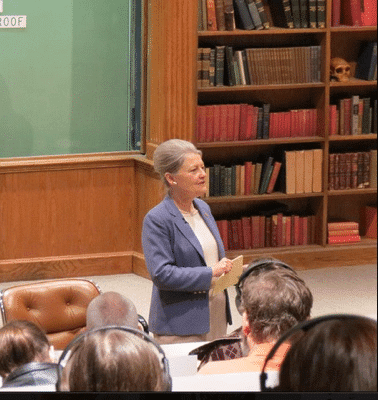
Today Janet and the staff are expanding the work of The Institutes to offer new books, new materials and new instruction online.
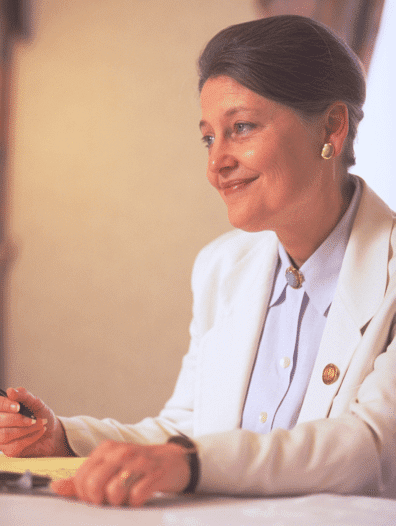
Janet is the co-author of How To Teach Your Baby To Read, How To Teach Your Baby Math, How To Multiply Your Baby’s Intelligence, How Smart Is Your Baby?, and How To Give Your Baby Encyclopedic Knowledge. Janet and a team of child brain developmentalist wrote The Pathway to Wellness and The Pathway to Excellence. She authored the children’s book Enough, Inigo, Enough.
In the field of child brain development she earned her Developmentalist Level in 1973, the Teaching Level in 1980, and the Preceptor Level in 1984. She has held the United Steelworkers of America Chair of Child Brain Development since 1987.
For her contributions she has received the Brasilian Gold Medal in 1974, The Statuette of The World Organization For Human Potential in 1980, and The Leonardo da Vinci Award in 1985 from The Institutes.

2019: Janet with Waldemar Nehgme, Director of The Institutes’ new school in Brasilia











